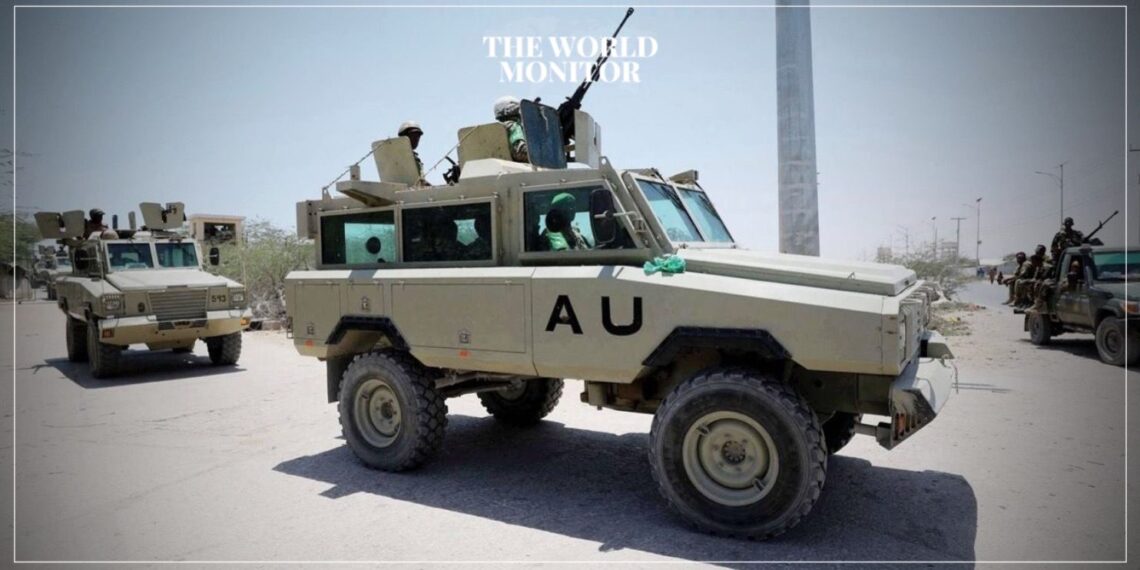In Mali, 11 civilians were killed this week in the northern part of the country.
The accusation comes from a coalition of separatist groups fighting against the Bamako government.
The Permanent Strategic Framework for Peace, Security, and Development (CSP-PSD), a coalition dominated by Tuareg armed groups, blamed the Malian army and the Russian paramilitary group Wagner for the killings.
According to a statement from the CSP-PSD, the incident occurred on Wednesday, May 15, 2024, when the village of Tassik in the Kidal region was targeted around 10 a.m.
The coalition claims that a patrol of Wagner mercenaries and Malian soldiers committed serious violations against the local population. The statement also noted that the patrol looted numerous vehicles and shops, loading the goods into rented trucks.
The separatist coalition condemned the actions as planned terrorist operations aimed at conducting targeted ethnic cleansing and rapidly displacing the indigenous people of the Azawad region.
The CSP-PSD, which consists mainly of Tuareg fighters, lost control of several northern areas at the end of 2023 after a significant military offensive by the Malian army, culminating in the capture of Kidal, a key stronghold.
Hostilities between the government and the separatists resumed in August 2023, ending an eight-year period of relative calm. This resurgence of conflict followed the withdrawal of UN peacekeeping forces at the request of Bamako, leading to fierce competition over territory and military bases.
The military junta that seized power in 2020 received widespread approval for retaking Kidal. However, the separatists have not surrendered their arms and remain dispersed in the northern desert and mountainous regions. The Malian government forces have allegedly received support from Russian mercenaries, despite the military junta’s denials. Local officials and the rebels have reported these collaborations.
Accusations of human rights abuses by the Malian army and their Russian allies have accompanied the northern offensive.
The government has consistently denied these allegations. The region remains volatile, with terrorist groups entrenched in the border triangle between Mali, Niger, and Burkina Faso, making it the most dangerous area in the Sahel.
Despite substantial arms deals with Russia and Turkey, and the involvement of the Wagner Group, large parts of these countries remain beyond government control.
Security coordination among the three nations remains weak. To address this, military leaders from Mali, Niger, and Burkina Faso have intensified their efforts to create an effective security framework for intelligence sharing and coordinated operations.
Recently, Niger’s Army Chief of Staff General Moussa Barmou visited Mali to strengthen bilateral cooperation in security and counterterrorism efforts, highlighting the ongoing regional efforts to combat terrorism and enhance stability.






